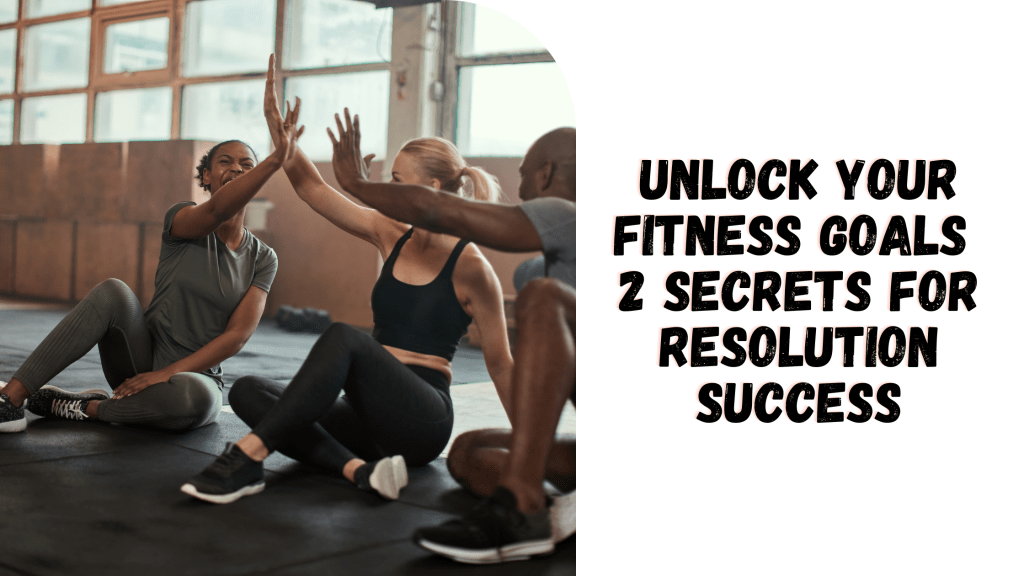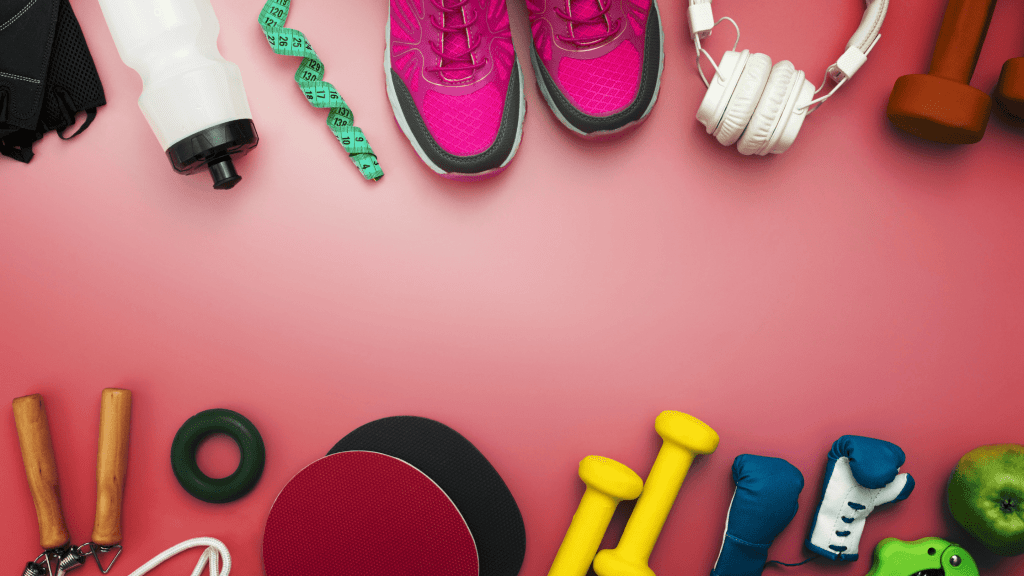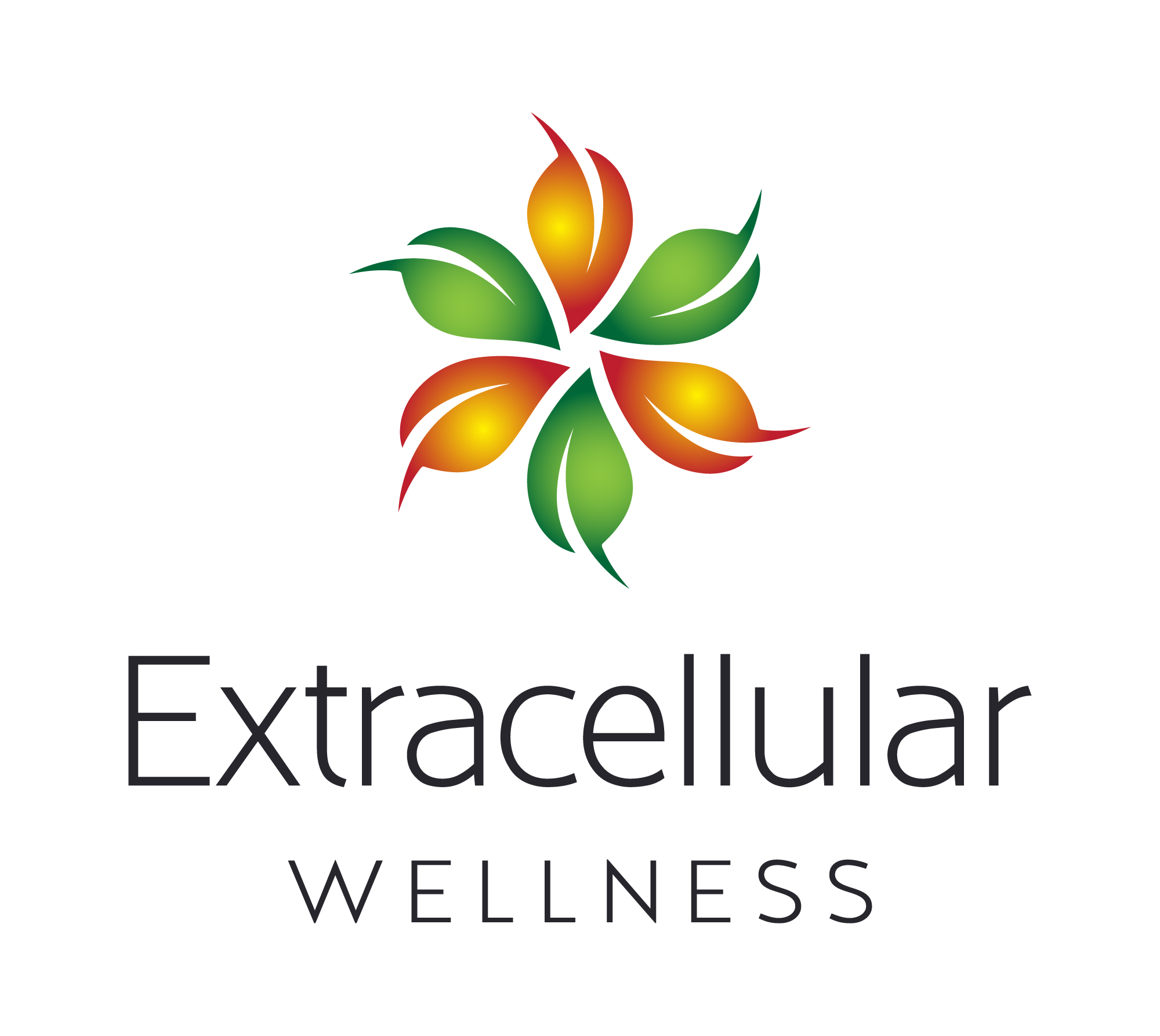Table of Contents

Two Secrets to Keeping Your Exercise and Fitness Resolutions
According to a YouGov survey in 2023, only 31% of people who make New Year’s resolutions keep their resolutions. Within the first week of January, up to 25% of people have already had an unsuccessful start to their resolutions. The most popular resolution is increasing exercise and improving fitness levels. If you are a regular gym goer, you would have noticed that January is the busiest month of the year. Then by the beginning of February, many of the new members are nowhere to be seen.
In this blog, I am going to discuss the two most important reasons that cause people to fail and give up on their exercise and fitness resolutions before January has even ended.
The Power of Identity in Fitness Success
Why Identity Matters
You may be thinking, why are we talking about identity when talking about exercise? Because this is the number one reason that people do not keep any changes they want to make. Stanford Professor, Carol Dweck, conducted research on mindset and created the terms “growth mindset” and “fixed mindset”.
In one study, there were two maths groups made up of junior high children. One group were taught their normal maths curriculum. The other group was taught their normal curriculum but also about the brain. They were taught that as you learn, the brain creates new connections, and these connections continue to grow over time. They were taught about a growth mindset and this group achieved higher marks compared to the other group.
Many people who create a New Year’s resolution to improve their fitness and exercise levels focus on what they need to do rather than who they need to become. They still identify as someone who doesn’t exercise and as someone who can’t do it.
Therefore, after a short period of time, they give up. If you say to yourself “I am becoming a lean, fit and healthy person”, if you make being fit and active a new part of your identity, you will stick to it because that is who you are. Henry Ford said, “Whether you think you can or think you can’t, you’re right”. For that reason, you need to know that your identity needs to change. For it to change, you need to know that habits and excuses associated with your old identity also need to change or be challenged.
Breaking Old Habits
This is not easy but change never is. It can also affect others in your environment. For example, your previous unfit and unhealthy identity may have gone for drinks and meals straight after work four times a week.
However, your new lean, fit and healthy identity now goes to a martial arts class or spin class after work three times a week instead. This can cause friction with friends and work colleagues as they are used to you behaving in a certain way. Your changes can also make others feel guilty that they have made this resolution every year but never committed to it.
To keep your New Year’s resolution, you need to decide who you want to be from this point forward. You need to visualise who you want to become and commit to becoming that person. If you do this, increasing your exercise levels is just something you do because it’s who you are.
Start Small with the Minimum Effective Dose (MED)
What Is the MED Principle?
This is the second most common reason people do not keep their resolution to exercise more. We try to do too much too fast, get disheartened and then stop. Just like the phrase “your eyes are bigger than your stomach”, you can also say that “your plans are too big for your reality” (but you can get there!).
Someone who has fallen out of their exercise routine for a couple of months and wants to get back on track should have a vastly different plan to someone who has not exercised since PE classes in primary school. We see all these videos and posts about people’s perfect routine and head straight into trying to do the same without realising that they have been working out for 2 hours or more a day for the past 5 years!
Setting Realistic Fitness Goals
The term minimum effective dose (MED) means the smallest action that produces the outcome you want. We are all busy and have responsibilities such as caring for children, elderly parents, work, and much more. However, you make a resolution to exercise for 2 hours, 4 times a week. The likelihood of success with this plan is low. Creating a new exercise habit is a marathon and not a sprint.
Therefore, I always recommend that people take their final goal and break it up into smaller goals over a longer period of time. What is the MED you need to do to make you feel you are progressing in your goal of increasing your exercise and improving your fitness? You may exercise for 30 minutes once a week in January and then increase this each month until you reach your goal. This isn’t about trying to hit your goal straight away. This is about the end goal of effortlessly exercising regularly without much thought, being fit, and consistently doing this for the near future.
The Formula for Resolution Success
By making your new identity and MEDs a crucial part of your resolution strategy, you can significantly increase your chances of successfully sticking to your New Year’s resolution of increasing your exercise and improving your fitness levels. You can use the advice on identity and MEDs for any change or goal that you have. If you would like help with this, fill in the Contact Us form and we can arrange a discovery call to discuss your needs further.
Conclusion on reaching your fitness goal in 2025
Make 2025 the year you conquer your fitness resolutions. With a clear sense of identity and small, achievable steps, you’ll build lasting habits. Change isn’t easy, but these two secrets can make all the difference. Start today, and enjoy the transformation!
THANK YOU
Thank you for taking the time to read our article. Recognising the importance of your health is a powerful first step, and we’re here to support you with reliable information.
Explore our collection of blog posts for more insights on health, wellness, and other topics that inspire and inform. We aim to create content that keeps you engaged and motivated on your journey.
Disclaimer: Our blogs are for informational purposes only and do not replace professional medical advice. Please consult your doctor for personalised guidance.






















































0 Comments